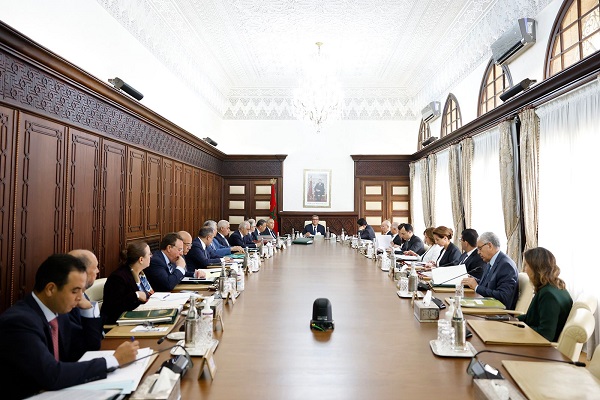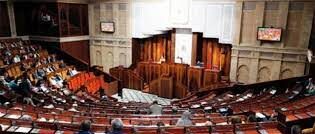Tax Pressure Reduction and Tax Reform: The Moroccan Government’s Measures to Support Citizens and the Economy

Government Moves to Alleviate Tax Pressure on Salaries and Retirees
The government is continuing its efforts to ease the tax burden on employees, retirees, and similar income earners by restructuring the progressive income tax scale. The aim is primarily to support civil servants and the middle class, as stated by the Chief of Government, Aziz Akhannouch, during his remarks at the Chamber of Advisors.
During the monthly oral questions session focused on "Economic and Financial Indicators and Enhancing Morocco’s Position Internationally," Mr. Akhannouch specified that the government has increased the first bracket of the annual tax-exempt income from 30,000 to 40,000 dirhams. This measure aims to exempt incomes below 6,000 dirhams. The government has also revised the other tax brackets, broadening their scope and lowering tax rates, resulting in reductions of up to 50%, with the marginal rate decreasing from 38% to 37%.
To reinforce trust between the tax administration and taxpayers, the government has facilitated voluntary regularization, enabling the integration of the informal sector into the formal economy and enhancing income transparency. This initiative has led to declarations exceeding 125 billion dirhams, generating more than 6 billion dirhams for the state.
Moreover, the government is committed to implementing the tax reform outlined in the framework law. This reform is seen as a critical stepping stone to stimulate the state’s financial resources and achieve tax justice. Reform efforts include the gradual adoption of new tax measures, such as the revision of corporate tax rates, to ensure simplified and transparent tax conditions for businesses while promoting productive and entrepreneurial activities. A social solidarity contribution will also be established for profits and incomes exceeding one million dirhams, aimed at effective redistribution and reducing social disparities.
Additionally, the government has continued its push to broaden VAT exemptions, particularly for essential consumer goods, to support families’ purchasing power and combat the effects of inflation. A gradual unification of VAT rates will also be implemented to ease the tax burden on businesses and facilitate the integration of the informal sector.
Finally, to bolster these reforms, the government has intensified the reform of public establishments and enterprises (EEP) in line with Royal Guidelines. This reform seeks to enhance the economic and social performance of these institutions by optimizing their complementarity and harmony with the state’s missions, while reinforcing their strategic role. An integrated management system and oversight framework have been established to ensure their effectiveness and alignment with national priorities.






